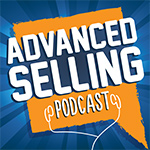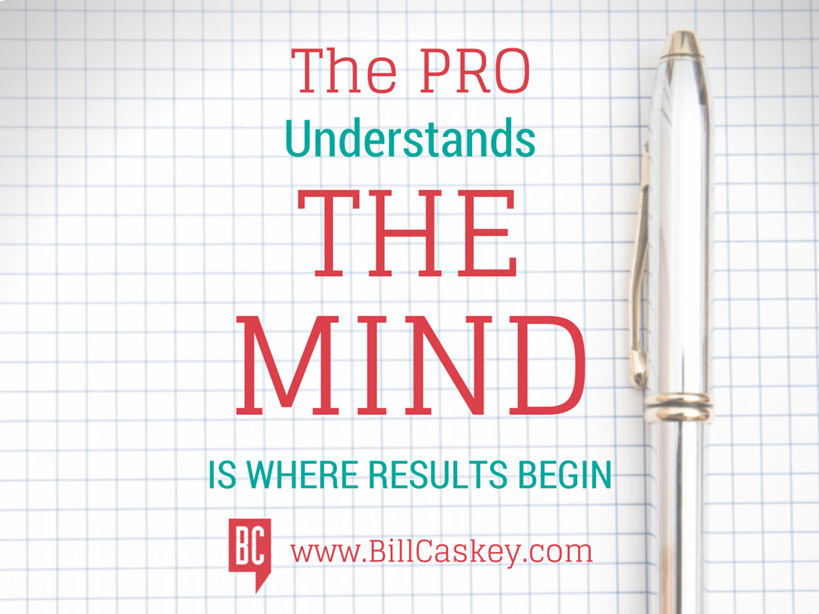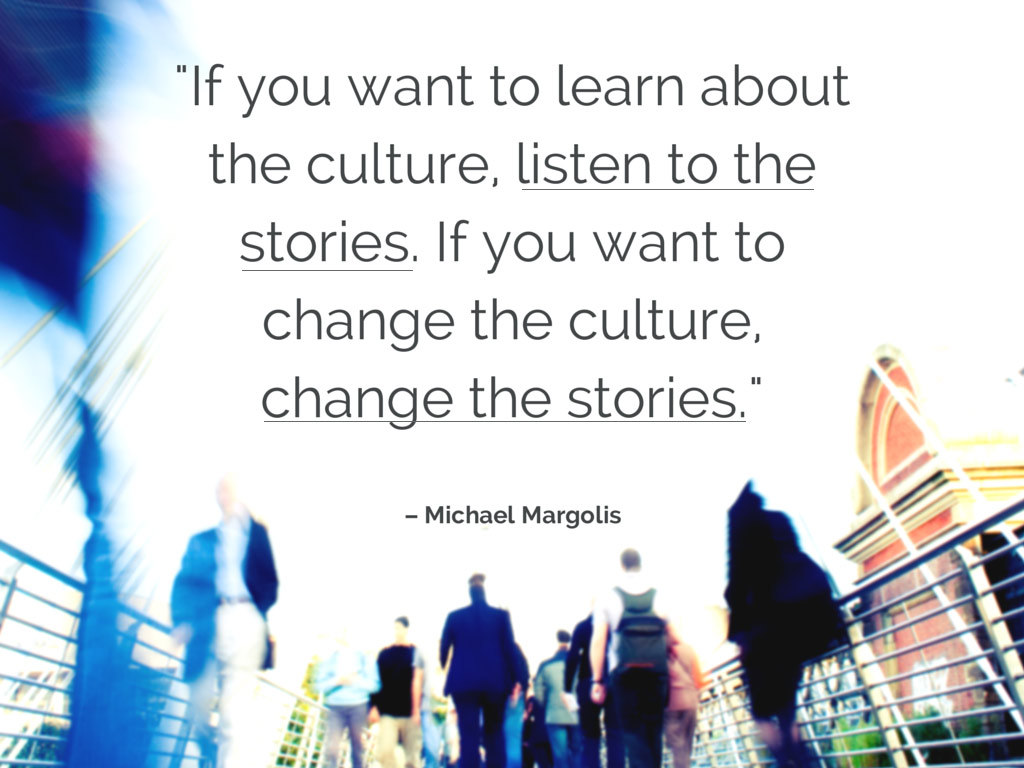I was asked recently what skills I would look for in a sales person. That got me thinking of “who” I would hire if I had to hire bunches of sales people. Here is my list of skills:
1. Understanding of Email Marketing
“Why” you say? Easy. Email is the most underused tool you have. How you write subject lines matters. How you craft a sales email matters. How you invite people into your tribe matters. How you share your expertise matters. All can be done via email. Learn aweber.com – an autorespond service that helps you drip on your prospects.
2. WordPress Chops
Yes, I would want you to learn WordPress. Ever heard of it? Didn’t think so. Learn it. Go to Youtube.com and watch some videos on how to use it. It is a blogging platform that helps you establish your expertise by writing pertinent, valuable articles for your tribe (prospects.) It gives you a publishing tool right at your fingertips. $200 and you’re a publisher. You can then send your prospects to your blog where you will share great stuff.
3. Video Production Skills
You can always hire this out, but in my org, every sales person needs to know how to produce solid video (put on your blog). Interview clients…happy ones, presumably. Put it online. Have your own vignettes that you produce on trends in the industry. Take a class on video editing. It’ll take you no more than a couple of hours to figure it out. You can even do all of this with your iPhone. No need for thousand dollar cameras. So….no excuses.
4. Social Media Talent
LinkedIn, Facebook, Twitter…yes all the usual suspects. But do you know how to REALLY use them? You will as part of my team. Plenty of great sources online to learn how to maximize your use of this avenue. This is especially good for inside sales, but works for all. If you haven’t read a book on how to use LinkedIn, stop what you’re doing right now and read one. Oh, that’s right, you’re not on my team yet. Read it anyway.
5. Diagnosing Beats Selling – Everyday
Get good at diagnosing problems. The more problems you find (at your prospect) the more you’ll sell. Stop selling and start solving. Take a class on analysis. Make a list of the problems you solve and go find those problems. Most sales people stop before they make that list.
6. Writing Chops
I know, I’ve use the word “chops” too many times already. But, you get the idea. Most people are disgusted at composing and writing but not you. You’ll take an online class in it. And just write. Even if you can’t. Write and rewrite. It’s how you’ll get noticed (on Google ) and how you’ll populate your blog. A person who can craft their thoughts on paper is the same person who will be skilled at communicating their message verbally.
7. Storytelling
I paraphrase but Rolf Jensen, The Dream Society, said “Story telling is the #1 skill for the fu
ture.” He was much more eloquent than that but being able to tell your story – and your company’s story – is vital in differentiating yourself from all others. Nothing connects with your buyers quite like a good story. Tell them how you got where you are. What mountains and valleys you’ve traversed. Give them a peak inside yourself. That’s something they won’t forget – unlike your features and benefits.
8. Project Planning
Every thing you do on my sales team will be a “Project.” Your goals. Your territory plan. Your key account targeting. Most sales people are woeful at project planning. If you’re lousy at it, go hire someone at $50/hour to spend 4 hours with you and plan your major projects. Then, time activate it and watch great things happen. (I would prefer you spend time here rather than on goal setting. Anyone can set goals. Not anyone can create the plan to accomplish them.
9. Idea Capture
As you’re doing your job, you will have ideas. Make sure you have a place to capture them. It could be a folder (physical) or a Notes on your phone. We live in an ‘idea society.’ And sales is a place where ideas come fast. But most fail to capture them…and miss the rewards from them. Your brain is an idea machine. Don’t fail it by letting them slip.
10. Productive Habits
We have a problem now – too much information coming in. too many things you could work on. you can’t do it all-and shouldn’t. So you must have a “system” for producing results. A system for handling prospects. System for handling inbound communication. System for following up with people who owe you actions. David Allen (Getting Things Done) has some magical stuff here. Go watch some YT videos of him. But you need to be productive if you’re to be on my team.
Conclusion
So that’s it. Not bad, huh? I didn’t say anything about closing skills, probing skills, handling objections or any of that stuff. Yes, it’s important, but if you do the things above correctly, opportunities will flow to you – and you’ll be able to select who you want to work with. And if they don’t behave properly, cut them and move on.


 Have you gotten stuck in a back-and-forth email chain with a prospect that didn’t end well?
Have you gotten stuck in a back-and-forth email chain with a prospect that didn’t end well?

